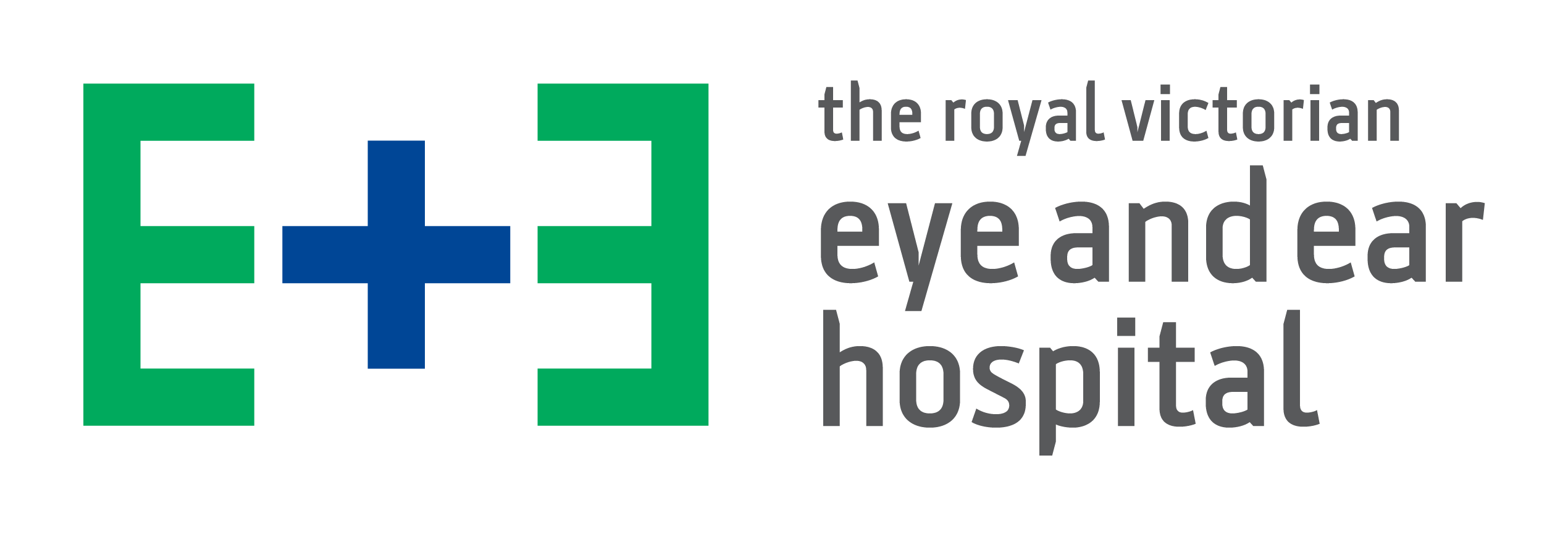There are also many potential causes, including past medical conditions and medications. So it is important to give your doctor as much information as possible about your symptoms, medical history and medications.
Consulting your doctor
When first going to a doctor, you may be asked questions like:
- What do your symptoms feel like?
- What situations are you in when they happen?
- How often do they occur?
Some balance disorders can be treated by your local doctor, but for others you may be referred to a medical specialist – either an otolaryngologist (an ear, nose and throat surgeon) or a neuro-otologist (neurologist or ear, nose and throat surgeon).
Referral to a medical specialist
If you are referred to a medical specialist, you will be asked questions and may need to complete a questionnaire. Based on a medical examination and initial assessment of your condition, the specialist may request one or more tests.
Your local doctor can find out how to refer to the Eye and Ear here.
How you can help your doctor make a diagnosis
Your doctor will need as much information as possible about your symptoms, past medical history and current medications. When you attend a specialist appointment at the Eye and Ear, please bring:
- a referral letter from your local doctor (GP) that includes:
- information about your symptoms
- a summary of recent test results
- details of any treatments that have been carried out
- a list of any existing or past medical conditions
- an up-to-date list of your current (or recent) medications.
- your appointment letter
- all your medications with you,in case one has been left off the list
- the written results of any tests if you have them, including blood test results, scans and audiology tests
- your Medicare card
- the name and address of any doctors you see, including GPs and specialists.
If it is your first appointment, you will be asked to complete this questionnaire while you are waiting. You can print it complete it at home and bring it with you to the appointment if you prefer.
